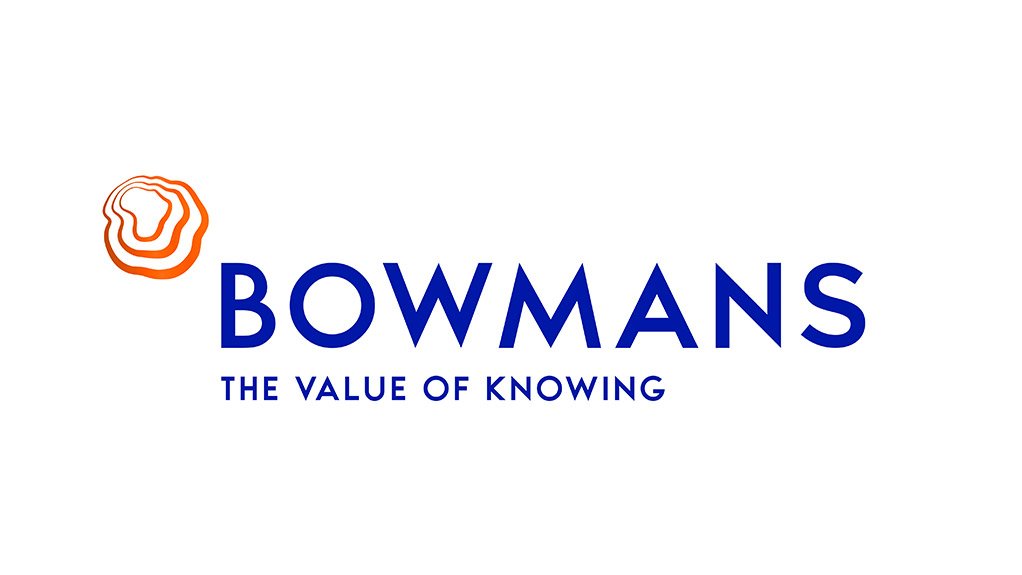Although international arbitrators from the United Kingdom, France and the United States are generally considered to be among the “best in the world”, Africa’s top international arbitrators can make a strong case for being included in those ranks.
This is not an assessment based on continental pride or other such subjective considerations, but founded in the facts of Africa’s small but increasingly credible international arbitration framework.
Africa already has six established centres for international arbitration, with a seventh being formed. Burundi, Egypt, Mauritius, Rwanda and Uganda each have one such centre, while Kenya has two: the Nairobi Centre for International Arbitration and the soon-to-be operational Law Society of Kenya International Arbitration Centre.
All six existing centres are run according to rules and requirements that are at least as stringent as their counterparts elsewhere, and possibly stricter in some ways.
To belong to the Kigali Centre for International Arbitration in Rwanda, for example, an arbitrator must have the appropriate degrees and licences, plus at least 10 years’ post-qualification or senior business experience, arbitration experience in five or more cases, membership of professional bodies and fellowship status with the Chartered Institute of Arbitrators (or a comparable institute).
In addition, most of Africa’s best international arbitrators belong to the International Centre for Settlement of Investment Disputes (ICSID). Here, over and above their technical and subject expertise, members must be ethically sound, with high moral character, the ability to exercise independent judgment and no conflicts of interest.
Small but effective
At this point, the continent has approximately 80 international arbitrators on the ICSID Panel of Arbitrators. Ghana has the most, 18, followed by Kenya with nine, Rwanda and Nigeria with eight each, Zimbabwe with seven and Uganda with six. Burundi, Egypt, Mauritius, and Tanzania each have four ICSID international arbitrators, while Somalia has three and Malawi, one.
Admittedly, this is not a large pool of international arbitrators. However, Africa’s international arbitrators distinguish themselves on two counts.
For one, quite a few practise in renowned centres such as the ICSID and the International Chamber of Commerce (ICC), side by side with their peers from international centres.
For another, African international arbitrators are proving highly effective. The awards issued through the established African arbitration centres are being recognised and successfully enforced in African courts.
Examples are the 18 international arbitrations conducted by African international arbitrators through the Kigali Centre for International Arbitration. No award issued by this centre has been set aside and all 18 have been recognised in Rwanda.
Similarly, the courts in Tanzania have directed that the USD 65 million award in the Dowans-Tanesco arbitration be enforced. This award is one of the biggest ICC arbitrations in Africa to date.
Growth in investment boosts demand for dispute resolution
These successes are just the start and Africa’s small pool of international arbitrators is bound to grow for two reasons. First, investment in the continent is increasing and, with it, the demand for international arbitration. Second, African governments are actively supporting the development of world-class international arbitration on home soil.
According to the International Monetary Fund (IMF), four of the six fastest-growing economies in the world are in Sub-Saharan Africa, where foreign direct investment has leapt from USD 1 billion in 2002 to over USD 58 billion in 2017.
Intra-African trade has taken off too and many East African countries are entering into bilateral investment treaties (BITs). Kenya has already signed 15 BITs with other countries, Tanzania 20, Uganda 16 and Ethiopia 33.
As intra-African investments have increased, so has the demand for effective and efficient ways to protect investments and resolve disputes. For these disputes especially, it is to be expected that the preference will be for African international arbitrators with an intimate understanding of laws regulating investments in their countries.
The cost of home-based arbitration is also compelling: legal fees for ICSID claims conducted offshore can reach as high as USD 40 million or USD 50 million in just three to four sittings.
Governments add weight to African dispute resolution
We can certainly expect to see more pressure growing for disputes arising in Africa to be resolved on the continent and not in a boardroom in Europe. Indeed, the government of Kenya has already announced that all international arbitrations to which it is a party, must be referred to the Nairobi Centre for International Arbitration.
Governments, especially in East Africa, are coming to the party by ratifying the ICSID and the New York Convention on the Recognition and Enforcement of Foreign Arbitral Awards (New York Convention). They have also established enabling national legislation to recognise and enforce awards by their courts.
Such legislation has already been passed in Kenya, Burundi, Rwanda, Tanzania and Uganda, and the international arbitration infrastructure that goes with it is in place. This includes codes of ethics that govern international arbitrators in Africa, ensuring that awards are not set aside due to misconduct and bias, and that avenues are available for redress.
Increased arbitration within Africa would inevitably encourage more Africans to register and practise as international arbitrators. As they gain experience, they too will join the ranks of the pool of African pioneers who can already be considered world class.
And as that pool grows, so too will the number - and reputation - of international arbitration centres on African soil, ensuring that disputes arising in Africa are resolved in Africa both as a matter of practicality and preference.
Written by Evans Monari, head of Litigation and Dispute Resolution at Bowmans in Kenya
EMAIL THIS ARTICLE SAVE THIS ARTICLE ARTICLE ENQUIRY
To subscribe email subscriptions@creamermedia.co.za or click here
To advertise email advertising@creamermedia.co.za or click here











